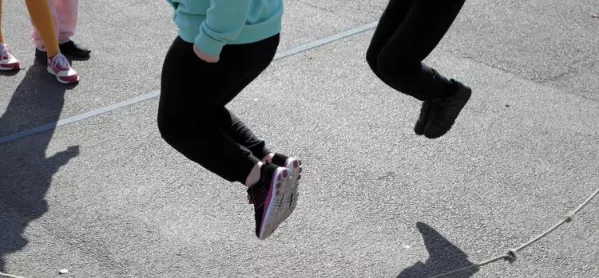Reception baseline is in the headlines again, and once again there’s a campaign against it. It was always going to be a controversial issue - not helped by the failed attempt at introducing just such a measure a few years ago - but I still think there are some merits to taking a simple measure on entry that are worth remembering.
Firstly, let’s set aside the issue of the recent failed attempt. When the Department for Education f...
A few years later, and the three-quarters of respondents were proved right. The reason the 2015 baseline assessment was a failure wasn’t because Reception baselines aren’t reliable, but because the evidence showed that it wasn’t possible to fairly compare the three different options on offer. It was frankly a foolish idea in the first place.
We shouldn’t presume, though, that it isn’t possible to do baseline well. It will need careful work - both by the DfE and by early years teachers. And teachers are well used to making the best of systems imposed upon them.
Some of the opposition appears to centre on the nature of having to administer the check with individual children. This always strikes me as an odd one. How could we possibly be concerned about children getting individual attention with the professional responsible for their education? It might have practical challenges for staffing that schools need to address, so perhaps we could focus our energies on that rather than outright opposition?
Low-stakes assessment
Others seem concerned that the data will be “black-boxed” - hidden away from schools - until the children reach Year 6. Ignoring the contradiction that many opponents seem to combine this argument with one that says the baseline check won’t tell them anything, it seems to make little sense to me again. After all, it’s early years practitioners who are administering the test. Anything useful that might be learned from the check will be learned there and then by the key adults involved.
Then there’s the argument that a baseline check cannot possibly be reliable because we’re talking about four-year-olds. That all depends on what you’re hoping to find out, really. True, a four-year-old might perform differently on any given task depending on the day. But the same is true of 11-year-olds. In fact, it’s probably true of us all. If we ruled out any imperfect assessment, we’d never assess anything.
But the stakes for the individual pupil here are low. No Reception child will be sent to a secondary modern instead of the grammar; infants won’t get performance-related pay. The whole point of the baseline coming at the beginning of school is that there need not be any pressure on the school for children to perform well. No individual’s score is important to them or their school; it’s the combination of all the children’s outcomes that become the indicative start point.
For those concerned that it will narrow the curriculum, now is the time to be making plans to ensure that we take advantage of the change. Rather than having to think ahead to key stage 1 assessments, schools will know that they have the full seven years of primary education to make the right choices for children. The baseline should just serve to give an indication of children’s start points on that journey.
Michael Tidd is headteacher at Medmerry Primary School in West Sussex. He tweets @MichaelT1979




